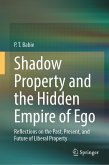
Gebundenes Buch
Reflections on the Past, Present, and Future of Liberal Property
2024
4. Oktober 2024
Springer / Springer Nature Singapore / Springer, Berlin
978-981-97-4013-0
| eBook, PDF | 113,95 € |
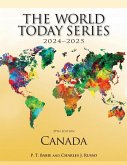
eBook, PDF
3. Oktober 2024
Springer Nature Singapore
Ähnliche Artikel
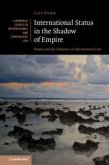
Gebundenes Buch
17. September 2020
Cambridge University Press

Broschiertes Buch
Vulnerable and Voiceless in Human Rights Law and Practice
2024
3. Mai 2024
Springer / Springer Nature Singapore / Springer, Berlin
978-981-97-2158-0
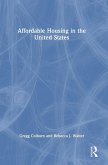

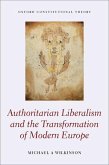
Gebundenes Buch
10. August 2021
Hurst & Co.

Gebundenes Buch
6. Dezember 2015
Creative Media Partners, LLC
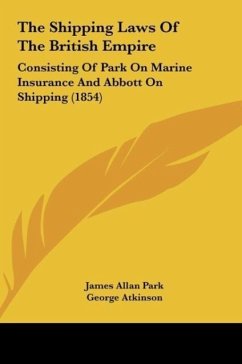
Gebundenes Buch
Consisting Of Park On Marine Insurance And Abbott On Shipping (1854)
23. Mai 2010
Kessinger Publishing, LLC

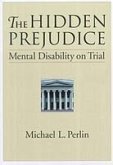
Gebundenes Buch
Januar 2000
American Psychological Association (APA)
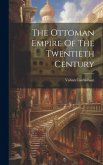
Ähnlichkeitssuche: Fact®Finder von OMIKRON
